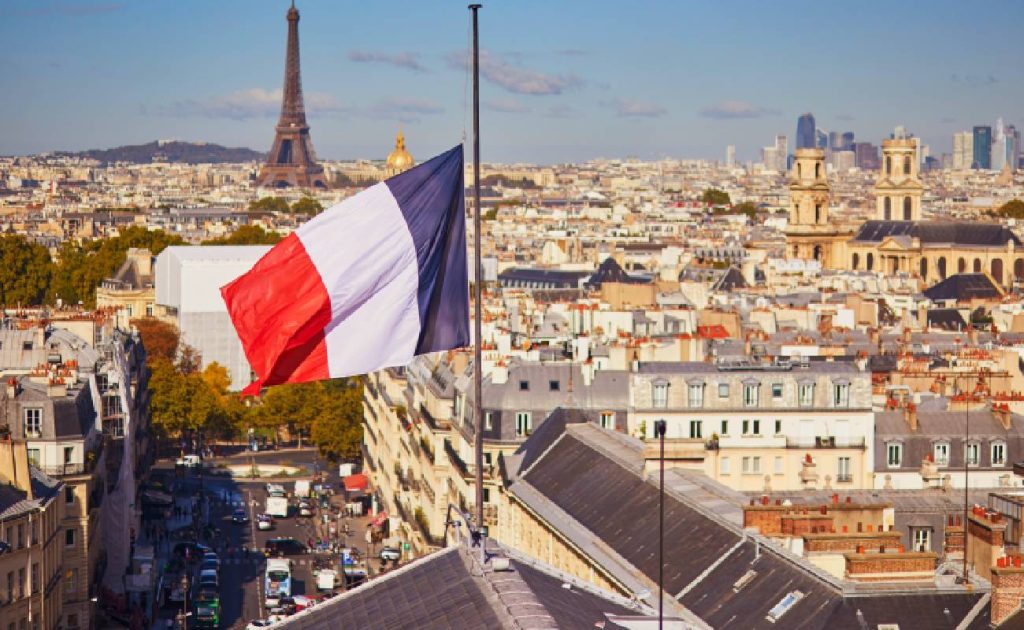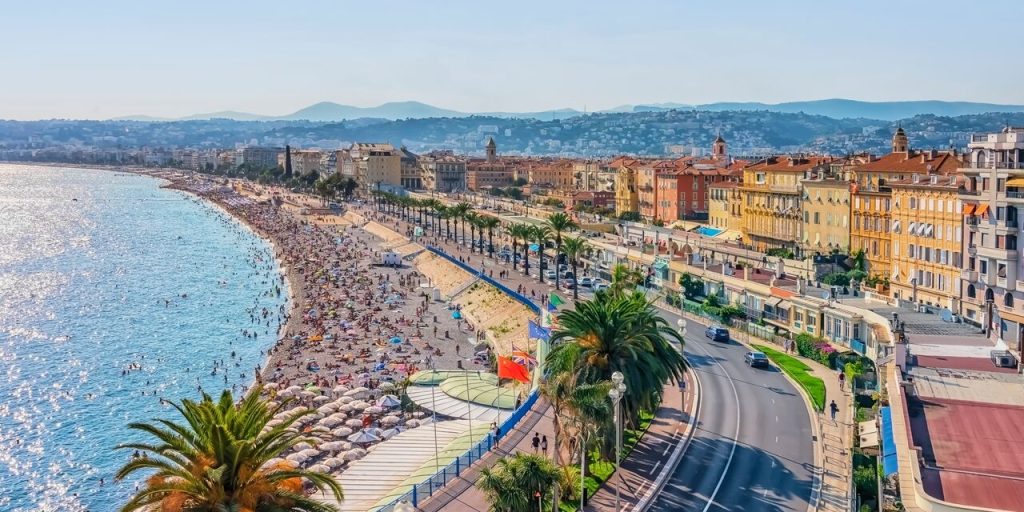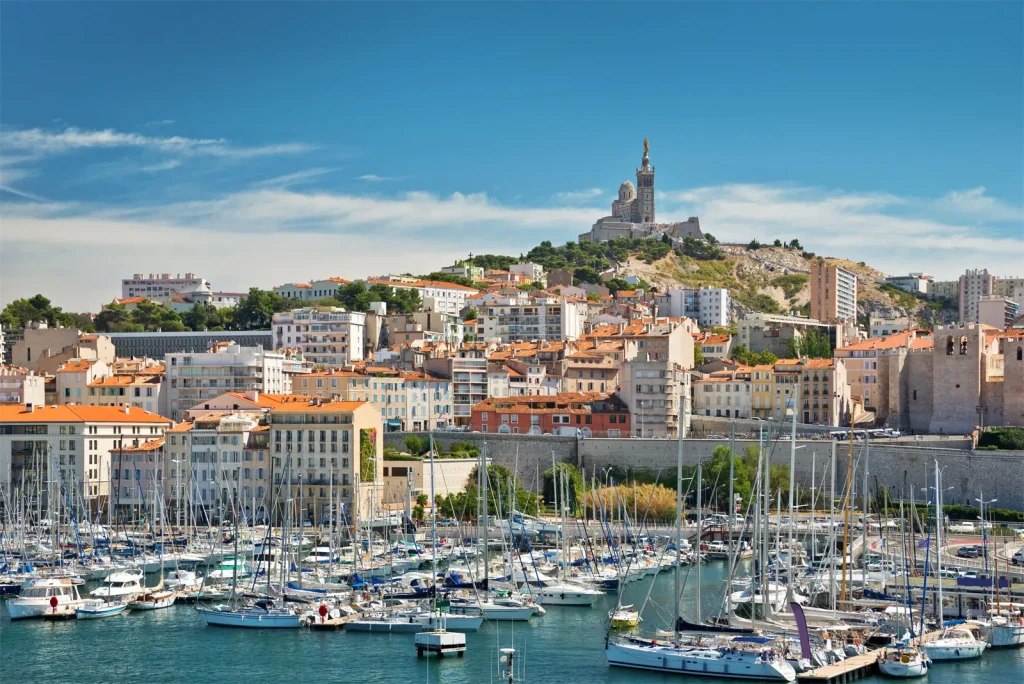Buying a home in France is an aspiration for many, drawn by the romantic allure of Parisian boulevards, the serene countryside of Provence, or the luxurious coastal towns of the French Riviera. France offers a diverse range of landscapes and lifestyles, each with its unique charm and potential for both personal enjoyment and sound investment. This comprehensive guide aims to provide you with all the information you need on purchasing property in France, covering legal procedures, regional insights, potential investments, and the advantages of living in one of Europe’s most culturally rich nations.

Why Buy Property in France? The Allure Explained
France is not only famous for its rich history, art, and cuisine, but it also holds a prominent position as one of the most attractive real estate markets in Europe. Below, we explore several compelling reasons why buying property in France is a smart and rewarding choice.
1. Cultural Richness and Historical Charm
France’s historical landmarks and cultural offerings are renowned worldwide. From the bustling streets of Paris, adorned with monuments like the Eiffel Tower and Notre-Dame Cathedral, to the historical cities of Lyon and Marseille, France is a living museum. Owning a home in such an environment provides you with direct access to a vibrant cultural scene, offering a higher quality of life.
2. Prime Location in the Heart of Europe
France’s strategic location makes it a gateway to both Europe and beyond. Its sophisticated transport infrastructure, including high-speed trains, well-connected airports, and a developed highway network, makes travel easy and accessible. Whether you frequently travel for business or pleasure, owning a property in France places you at the epicenter of European connectivity.
3. Steady Real Estate Value Growth
The French property market is characterized by its relative stability. Unlike other European markets that often experience dramatic fluctuations, France has shown consistent value growth over the years. Cities like Paris, Lyon, and Bordeaux have a strong track record of property appreciation, making France an attractive location for long-term investment.
4. High Rental Yields from Tourism
France is the most visited country in the world, with more than 90 million international tourists annually. This makes cities like Paris, Nice, and Bordeaux particularly attractive for those looking to buy properties for short-term rental purposes. Platforms like Airbnb make it easier to tap into France’s vibrant tourism market, generating attractive rental yields, especially during peak travel seasons.
Legal and Practical Aspects of Buying Property in France
Navigating the legal landscape when purchasing property in France can seem daunting, particularly for non-European Union nationals. Below, we outline the essential legal steps and requirements to help you on your journey.
Legal Requirements for Non-EU Citizens
While France allows non-EU citizens to purchase property, there are several additional requirements and considerations:
- Residency and Visa Status: To buy property in France, non-EU buyers may need to secure a long-stay visa or a residency permit. Although these permits do not directly grant property ownership rights, they facilitate the process of staying in France while finalizing your property purchase.
- Financing Options: Obtaining a mortgage in France as a foreigner is possible, but can be more challenging compared to EU citizens. French banks often require a larger deposit from non-residents (sometimes up to 30% of the property’s value). Seeking professional financial advice is highly recommended to navigate these requirements.
The Role of Real Estate Agents and Notaries
In France, the process of buying property requires collaboration with two key professionals: the real estate agent and the notary.
- Real Estate Agent: Working with a local real estate agent (“agent immobilier”) can significantly streamline your search. Agents provide invaluable local insights and facilitate negotiations.
- Notary (Notaire): In France, all property transactions must be verified by a notary. The notary is responsible for ensuring the legality of the sale, including verifying ownership rights, confirming the absence of outstanding debts on the property, and managing the formal signing of contracts.
The Step-by-Step Process of Buying Property in France
- Select a Region: Decide where you want to buy property. Do you prefer the bustling excitement of Paris, the serene vineyards of Bordeaux, or the Mediterranean warmth of Nice?
- Determine Your Budget: Based on the region, property prices can vary significantly. Researching local prices will help you establish a realistic budget.
- Hire a Real Estate Agent: Engage a professional agent to help you navigate the local market and find the property that meets your requirements.
- Property Selection and Inspection: Once you find a suitable property, ensure a thorough inspection is conducted. This includes technical diagnostics to check for issues like asbestos or lead.
- Make an Offer: Submit an offer for the property, usually done verbally through your agent.
- Sign the Pre-Contract (“Compromis de Vente”): The pre-contract outlines the terms of the sale and secures the property until the final contract is signed.
- Notary Research: The notary will conduct legal checks, including ownership, boundary disputes, and legal restrictions on the property.
- Final Contract (“Acte de Vente”): The final step is the signing of the deed of sale, after which the property is officially yours.
Costs and Taxes Involved in Buying Property in France
When buying property in France, it is essential to understand the associated costs and taxes to budget effectively:
1. Agency Fees
Real estate agency fees can range from 5% to 8%, depending on the value of the property. Sometimes these costs are covered by the seller, but more often, they fall on the buyer.
2. Stamp Duty (“Droit de Mutation”)
Stamp duty is generally around 5.8% of the property’s value. This fee is required to officially record the transfer of ownership with the French authorities.
3. Notary Fees
Notary fees, set by French law, typically range from 2.5% to 5% of the property value. These fees cover all administrative and legal services provided by the notary.
4. Mortgage Costs
If you are financing your purchase with a mortgage, additional costs like arrangement fees (typically between 1% and 3%) may apply.
Ongoing Property Taxes
- Property Tax (“Taxe Foncière”): This is an annual tax paid by the property owner.
- Residence Tax (“Taxe d’Habitation”): This is a tax paid by the occupant of the property, which could be the owner or a tenant. However, recent reforms are reducing or eliminating this tax for many residents.
Exploring France’s Property Market by City
Property prices in France vary widely depending on the location. Below, we provide an overview of the average prices per square meter in some of the country’s most sought-after cities:
| City | Average Price per Square Meter (EUR) |
|---|---|
| Paris | 10,790 |
| Marseille | 2,610 |
| Nice | 3,990 |
| Lyon | 4,970 |
| Bordeaux | 4,650 |
| Strasbourg | 3,030 |
| Toulouse | 3,070 |
| Montpellier | 2,950 |
| Lille | 3,500 |
| Nantes | 3,740 |
Paris Property Market

Paris is undoubtedly the jewel of France’s real estate market. Its prices vary significantly depending on the neighborhood. For instance:
- Quartier Grandes Carrières-Clichy (Paris 18): A four-room, 88-square-meter apartment costs around €998,000.
- Quartier République-Saint Ambroise (Paris 11): A two-room, 28-square-meter property can be found for approximately €329,000.
Property Prices in Nice

Nice, located along the French Riviera, offers stunning Mediterranean views. Properties here range from luxury apartments to more affordable options:
- Quartier Riquier: A four-room, 74-square-meter apartment costs around €288,000.
- Quartier Musiciens-Tiers: A studio apartment (23.75 square meters) is available for approximately €139,000.
Real Estate in Marseille

As a key city along the Mediterranean coast, Marseille boasts affordable options, with properties well-suited for both residential and investment purposes:
- Quartier Saint Giniez (Marseille 8): A six-room, 161.4-square-meter house is available for €669,000.
- Quartier Les Baumettes (Marseille 9): A two-room, 44.5-square-meter apartment is listed for €128,000.
Alternative Property Types in France
France offers a diverse selection of property types, catering to different tastes and investment strategies:
- Historical Townhouses and Terraced Homes: Found in city centers, these properties provide historical charm and can be great investment options.
- Studio Apartments: Ideal for buy-to-let investors, studios are popular in urban centers like Paris, due to their affordability and rental demand.
- Floating Homes: Experience a unique lifestyle by living on a houseboat along the Seine or other French waterways.
Key Considerations When Buying Property in France
1. Choose the Right Real Estate Agent
Selecting an experienced and well-reviewed agent is crucial to finding the right property at the right price.
2. Adhere to Legal Procedures
Property transactions must be notarized to be legally binding in France. Failure to follow these procedures can lead to voided sales and legal complications.
3. Understand Local Taxes and Fees
Make sure to fully understand the tax implications and ongoing costs of property ownership in France, as these factors can significantly affect your investment’s profitability.
Tips for Making a Real Estate Investment in France
Buying a property in France is not just about owning a beautiful home—it can also be a solid investment opportunity. To maximize returns, consider the following tips:
- Location is Key: Properties in popular tourist destinations or growing urban areas tend to yield higher returns.
- Professional Guidance: Work with real estate agents, notaries, and financial advisors who have extensive experience in the French property market.
- Diversify Investments: If you have the means, consider diversifying by investing in multiple properties across different regions of France.
Benefits of Owning Property in France
Owning property in France comes with numerous lifestyle and financial benefits. From enjoying the stunning landscapes of Provence to experiencing the dynamic city life in Paris, property ownership here offers an enriching living experience. Furthermore, the stability of the French real estate market ensures that your investment will retain its value, providing both immediate lifestyle benefits and long-term financial returns.
If you’re considering buying property in France, now is the time to take the leap. Engage with local experts, research thoroughly, and start planning your future in one of the world’s most captivating countries.

